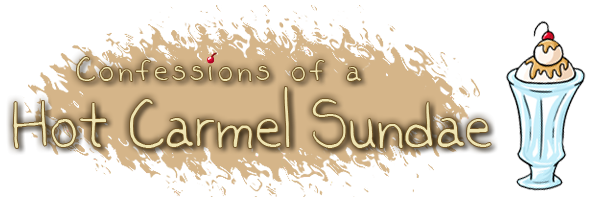Dear Old Golden Rule Days
Posted By Christina M on August 9, 2007
Well, that time is upon us again, mid-August: back to school sales, curriculum planning, trying to get kids back into the habit of sleeping at night and waking up during the day. And with it comes my latest Short Stack recommendation: The Well-Trained Mind, by Jessie Wise and Susan Wise Bauer.
I started reading it at the beginning of the summer, and I’m still not finished; not because it isn’t holding me, but because there is so much in it to absorb, it must be taken in doses. Even just 2/3 finished, though, I cannot praise it highly enough. This book about classical homeschooling and afterschooling is a surprise and a help.
It is a surprise, because it shook to my foundations my concept of what classical education is. When I’d seen classical education recommended in articles, book catalogs, and email groups, it always sounded like a bunch of people had gotten together and decided not to teach anything except ancient Rome. Maybe some ancient Greece. So they would buy a fully packaged curriculum that taught ancient civilizations for twelve years in a row, and think that because they were homeschooling, their children were getting superior and individualized educations.
Where The Well-Trained Mind is concerned, I could not have been more wrong. Finally, someone has explained the point of classical education, and not just the first year’s content. Classical education, explains this mother and daughter writing team, teaches children within a method that takes into account their developmental levels. In addition, it covers history and literature more or less together, and systematically, chronologically. The good classical education should do an entire survey of history three times, in three cycles, and ancient civilization is only the first of four stages in each cycle. And it is not limited to Rome and Greece, but also covers other ancient civilizations: China, India, South America, Persia, and so on.
Those who think classical education means teaching nothing but classics just aren’t understanding the point. They are missing all the wonderful educational theory and thorough historical perspective. Perhaps they, like I had, got the idea that they could understand what the theory meant without doing any real study on the subject.
If you homeschool, and especially if you long to offer a better curriculum than a pre-packaged box of workbooks can provide, you might want to read this book. Start by glancing at the sections that pertain to your children’s ages, and at the sections that cover the subjects that attract you. Then turn back and read from the beginning. Even if you don’t have grammar-stage children, you will find the explanations and ideas about the learning stages invaluable.
If you afterschool, or are interested in learning more about it, you can still get a lot out of this book, enough to turn an adequate school-only education into a superb habit of lifelong learning.

Comments
Leave a Reply